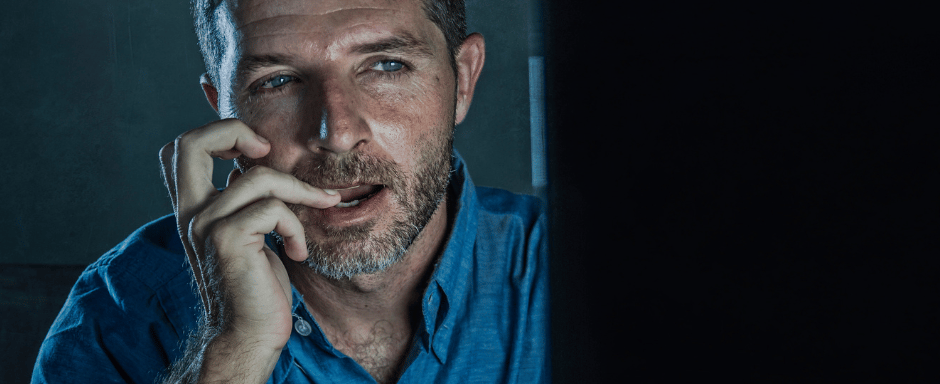Understanding and Dealing with a Relapse from Porn Addiction
Gain insights into the complexities of porn addiction and discover effective strategies for understanding and managing relapses. Get the support you need to overcome this challenging addiction and ...


Understanding and Dealing with a Relapse from Porn Addiction
Dealing with addiction can be a challenging journey, and experiencing a relapse can feel disheartening and overwhelming. If you have recently had a relapse from porn addiction, it is important to remember that setbacks are a normal part of the recovery process. Instead of beating yourself up or feeling discouraged, it is crucial to focus on understanding the reasons behind the relapse and taking proactive steps towards getting back on track.
1. Reflect on the Triggers and Underlying Issues
A relapse is often triggered by certain situations, emotions, or thoughts that lead to a desire to engage in addictive behaviors. Take some time to reflect on what may have triggered your relapse. Were you feeling stressed, lonely, or bored? Did you encounter specific situations or environments that made it difficult to resist the temptation?
Understanding your triggers can help you identify patterns and develop strategies to avoid or cope with them in the future. It can also be helpful to explore any underlying emotional or psychological issues that may have contributed to the relapse. Consider seeking professional help, such as therapy or counseling, to address these deeper issues and develop healthier coping mechanisms.
2. Practice Self-Compassion and Acceptance
It is important to practice self-compassion and acceptance during this challenging time. Beating yourself up or dwelling on feelings of guilt and shame will only hinder your progress. Instead, remind yourself that relapses are a common part of addiction recovery and that you are not alone in this journey.
Accept that relapses happen and view them as opportunities for growth and learning. Use this setback as a chance to reevaluate your strategies, strengthen your commitment to recovery, and develop new coping skills.
3. Reach Out for Support
One of the most effective ways to navigate a relapse is to reach out for support. Surround yourself with a strong support system that understands and supports your recovery journey. This can include friends, family members, support groups, or a therapist.
Sharing your struggles and seeking guidance from others who have experienced similar challenges can provide you with invaluable insights and encouragement. Remember, you do not have to face this alone.
4. Reevaluate and Modify Your Recovery Plan
A relapse is a clear sign that your current recovery plan may need some adjustments. Take the time to reevaluate your strategies and identify any areas that may need improvement. This could involve setting new boundaries, finding alternative activities to replace the addictive behavior, or seeking additional professional help.
Consider working with a therapist or counselor to modify your recovery plan and develop new coping mechanisms. They can provide guidance tailored to your specific needs and help you create a plan that is realistic and sustainable.
5. Practice Mindfulness and Self-Care
Mindfulness and self-care are essential components of addiction recovery. Engaging in activities that promote self-care and self-awareness can help you stay grounded and focused on your recovery goals.
Practice mindfulness techniques, such as meditation or deep breathing exercises, to help manage cravings and reduce stress. Engage in activities that bring you joy and relaxation, such as exercising, spending time in nature, or pursuing hobbies and interests.
6. Set Realistic Expectations
Recovery from addiction is a journey that takes time and effort. It is important to set realistic expectations for yourself and not expect perfection. Understand that setbacks and relapses are part of the process and do not define your overall progress.
Focus on the small victories and celebrate each step forward, no matter how small. Remember that recovery is a lifelong commitment, and each day is an opportunity to learn, grow, and make positive changes.
Conclusion
A relapse from porn addiction can be a challenging experience, but it is important to approach it with understanding, self-compassion, and a commitment to growth. Reflect on the triggers and underlying issues, practice self-care, reach out for support, and modify your recovery plan as needed. Remember that setbacks are a normal part of the journey, and each day is an opportunity to make progress towards a healthier and more fulfilling life.


